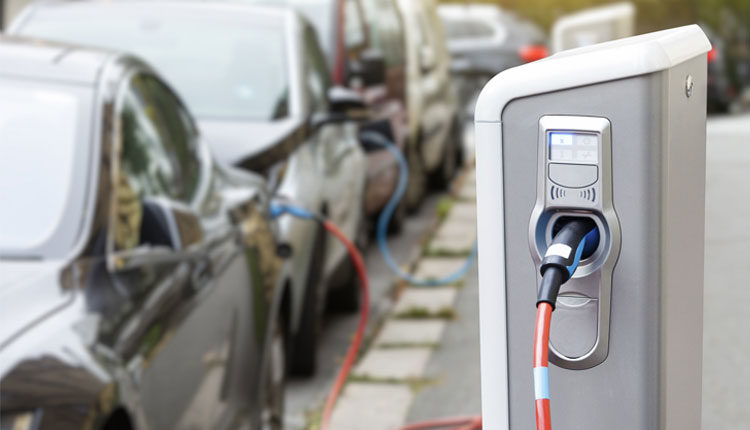Rapid Vehicle Electrification to Drive the Global Li-ion Battery Materials Market
Advancements in battery materials and rising demand for electric vehicles worldwide boost the Li-ion battery materials market, finds Frost & Sullivan
Frost & Sullivan’s recent analysis finds that the global Li-ion battery materials market is projected to reach $51.60 billion by 2027 from $18.75 billion in 2020 at a 15.6% compound annual growth rate (CAGR). The advancements in battery chemistries and technologies, upsurge in electric vehicle (EV) sales, evolving regulatory scenario, and increasing consumer preferences toward EVs are expediting market growth worldwide.
sia-Pacific (APAC) dominates the market and continues to be the highest revenue-generating region. China leads the demand and supply of all of the key battery materials, accounting for over 85% of the total global supply of cathode materials, anode materials, electrolytes, and separators. However, Europe is expected to witness an aggressive expansion in its Li-ion battery and materials manufacturing capacity. It is slated to account for nearly a third of the global Li-ion battery manufacturing capacity by 2027.
For further information on this analysis, Global Li-ion Battery Materials Growth Opportunities, please visit: http://frost.ly/6at
“Government incentives and subsidies for EVs, especially in Europe, increasingly stringent regulations and legislations pertaining to CO2 emissions, and competitive product offerings continue to be the primary drivers of global EV sales,” said Gautam Rashingkar, Chemicals, Materials & Foods Industry Analyst at Frost & Sullivan. “Additionally, the continued push for longer-range vehicles and higher-energy-density batteries entails a shift toward higher nickel content cathode chemistries, partial replacement of graphite with silicon composites in anodes, incorporation of functional additives in electrolytes, increasing demand for thinner, high thermal-resistance separators, and the need for safer binder materials over the medium term.”
Rashingkar added: “Characterized by the rapid evolution and adoption of chemistries to materialize gains in energy density, the cathode materials segment will be a key contributor to the overall market growth. To ensure supply security and strike a balance in cost and driving ranges, leading original equipment manufacturers (OEMs) are expected to opt for an optimized chemistry mix comprising lower-cost LFP batteries, higher-energy-density NCM batteries, and low-cobalt, high-nickel NCM batteries.”
To tap into the growth opportunities, market participants should:
- Develop advanced battery chemistries composed of lower cobalt content and higher quantities of relatively more abundant nickel, i.e., nickel-rich cathode materials characterized by higher energy density, power capability, longer lifecycle, and improved thermal stability.
- Strengthen supply and footprint in Europe by investing in facilities, especially in Poland, Hungary, Finland, and Germany, where major battery manufacturing facilities are expected to come online.
- Engage in collaborative partnerships to form strategic licensing agreements with leading manufacturers, enabling a wide range of IP-protected technologies to develop highly customized and specific requirements.
- Develop effective recycling processes and infrastructure in collaboration with OEMs by partnering with recycling companies to ensure access to critical raw materials like cobalt, nickel, and copper.
Global Li-ion Battery Materials Growth Opportunities is the latest addition to Frost & Sullivan’s Chemicals, Materials & Foods research and analyses available through the Frost & Sullivan Leadership Council, which helps organizations identify a continuous flow of growth opportunities to succeed in an unpredictable future.
SOURCE Frost & Sullivan


